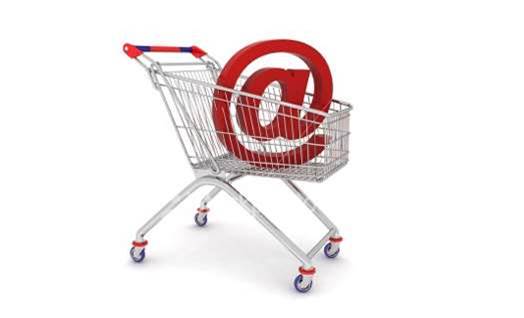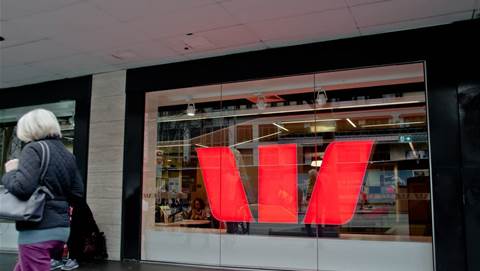Efforts by a Microsoft-backed lobby group to win support for a probe into Google’s domination of search engine rankings have failed to sway Australia's Productiviy Commission.

The government body barely touched on the issue during an inquiry into the economic structure and performance of the Australian retail industry released late last week..
Earlier this year, Microsoft-backed group ICOMP made submissions to the inquiry, recommending the Australian Competition and Consumer Commission (ACCC) open a formal inquiry into Google’s practices and market dominance.
In September ICOMP issued a submission to the Productivity Commission claiming Google's dominant position in search could be costing Australians up to $430 million in "lost time".
The commission's final report made note of iCOMP’s concerns, but made no formal recommendations.
“The market conduct of search engine providers is a critical issue for online e-commerce to ensure that the provision of information to consumers, one of the key advantages of internet shopping, is not compromised,” the report states.
“Accordingly, where there is evidence of possible anti-competitive behaviour, regulators both in Australia and overseas are investigating this matter.”
A spokesman for ICOMP told iTnews that he was pleased that the Productivity Commission "acknowledged that the conduct of search engine providers is essential for a healthy online environment to ensure the provision of information to consumers is not compromised".
"ICOMP also welcomes the Productivity Commission's support for continued monitoring and investigation of instances of anti-competitive behaviour in the online search environment," they said.
Google Australia declined to comment on the report.
Online retailing in Australia
The report summarised the current state of online retailing in Australia, with key points including:
- Official ABS statistics are not produced for domestic and overseas online retail sales in Australia.
- The share of total online retail sales is around four percent of all sales, according to the report.
- Overseas online sales account for around one-third of total online sales, which translates to around two percent of total retail sales.
- Domestic and overseas online sales accounted for six percent of total retail spending in Australia in 2010, which equates to $12.6 billion.
- Online sales in Australia are projected to grow by between 10 and 15 percent per annum over the next three years. New electronic devices including mobile phones with internet capability are stimulating further growth in online sales.
- Australian consumers are attracted to online shopping due to three main factors: lower prices, convenience and a wider range of goods to choose from compared to those available from bricks and mortar retailers.
- Online penetration of retail sales in Australia is much higher in categories such as books, CDs, DVDs, clothing, sporting goods, electrical and electronic goods, cosmetics, and toys, but much lower for groceries.
- Just over one half of the retail industry in Australia could be regarded as trade exposed, but to a varying extent, depending upon the nature of goods being sold. Smaller and non-perishable items are more likely to be purchased online from overseas.
- Logistics: Australian online consumers and retailers appear to be adequately served in terms of current product delivery services, albeit perhaps not as efficiently as some other countries.


_(22).jpg&h=140&w=231&c=1&s=0)
_(28).jpg&h=140&w=231&c=1&s=0)
_(23).jpg&h=140&w=231&c=1&s=0)
.png&h=140&w=231&c=1&s=0)



_(26).jpg&w=100&c=1&s=0)

 iTnews Executive Retreat - Security Leaders Edition
iTnews Executive Retreat - Security Leaders Edition











_(1).jpg&h=140&w=231&c=1&s=0)



